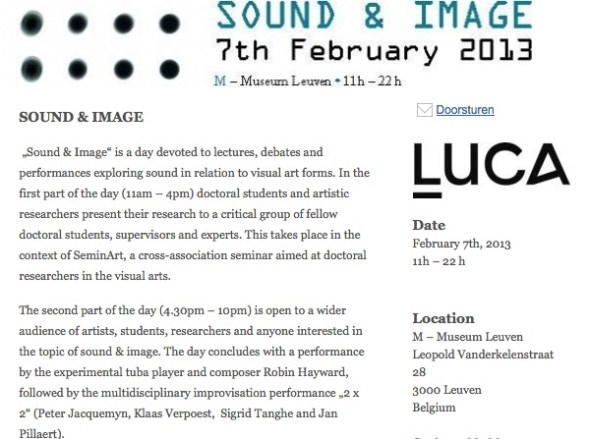 Placemaking is about people, about living together, about a sense of belonging and carving spaces together, about co- creation and sharing stories. And it is crucial for society, especially now as it enters a new dimension in times of a global pandemic that affects us all. What will placemaking look like after COVID-19? What did we learn and what can we take with us to the future? How will we socialise, move from one place to another, (inter)act with and in public spaces after the pandemic?
Placemaking is about people, about living together, about a sense of belonging and carving spaces together, about co- creation and sharing stories. And it is crucial for society, especially now as it enters a new dimension in times of a global pandemic that affects us all. What will placemaking look like after COVID-19? What did we learn and what can we take with us to the future? How will we socialise, move from one place to another, (inter)act with and in public spaces after the pandemic?
These questions guided a series of four online sessions which were held between the 7th and 30th of April (2020), connecting placemaking with the future of cities, tourism, the arts, urban design and digital storytelling. Experts and other interested persons were brought together across borders to discuss possible ways forward by learning from good practices. The response was overwhelming, both from the speakers that were contacted to take part, and from the diverse participants eager to share and exchange ideas.
The discussions were rich, intense and generated much food for thought. This publication is the result of an inclusive thinking process with all participants, offering a reflective and critical lens on placemaking. It works as a toolkit, gathering the presentations and giving insight in the main topics and strong examples that emerged from the discussions. It also lists key points to consider whilst working with communities and involving people in a co-creation process. This series ends with a non-exhaustive reading list as there are many interesting papers, reports and links to learn from.
Thank you to all the speakers and participants, because without them there would have been no publication. A special thank you goes to Nika for helping Stefan and myself with proofreading.
We hope you will enjoy wandering through this publication and get inspired. You can access the publication here.
And you can have an impression of the meetings thanks to this nice feature by Maltarti.
Tags: Art, Center for Active Design, COVID-19, Destination Marketing, digital storytelling, Experienced Design, media, Meeting of Minds, Placemaking, research, Storylab, Tourism
 Last month ACM launched ‘Right to Culture’. I had the pleasure to be involved in the process for the focus groups and the interviews, just before and during the first lockdown in 2020.
Last month ACM launched ‘Right to Culture’. I had the pleasure to be involved in the process for the focus groups and the interviews, just before and during the first lockdown in 2020. Placemaking is about people, about living together, about a sense of belonging and carving spaces together, about co- creation and sharing stories. And it is crucial for society, especially now as it enters a new dimension in times of a global pandemic that affects us all. What will placemaking look like after COVID-19? What did we learn and what can we take with us to the future? How will we socialise, move from one place to another, (inter)act with and in public spaces after the pandemic?
Placemaking is about people, about living together, about a sense of belonging and carving spaces together, about co- creation and sharing stories. And it is crucial for society, especially now as it enters a new dimension in times of a global pandemic that affects us all. What will placemaking look like after COVID-19? What did we learn and what can we take with us to the future? How will we socialise, move from one place to another, (inter)act with and in public spaces after the pandemic?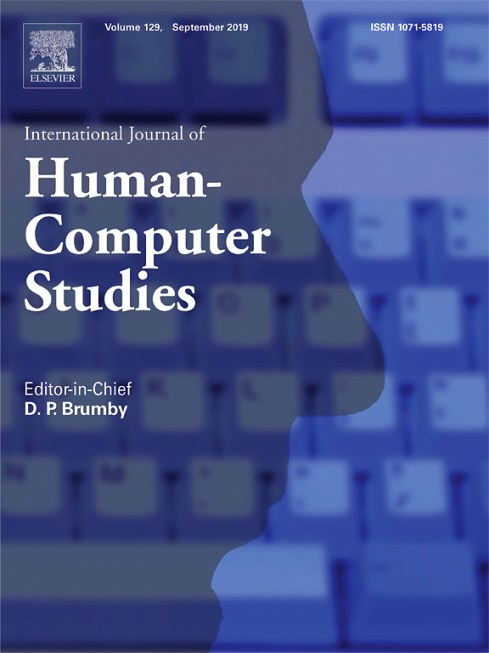 Delighted and honoured to have been able to contribute as a co-autor to this paper, which
Delighted and honoured to have been able to contribute as a co-autor to this paper, which 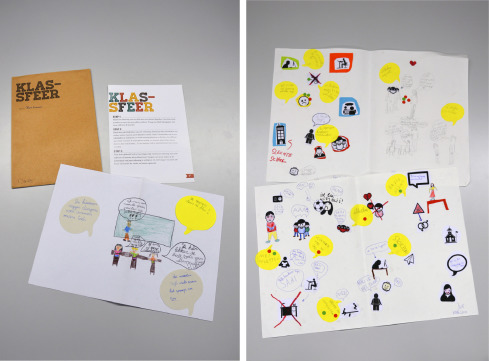 You can find the article
You can find the article 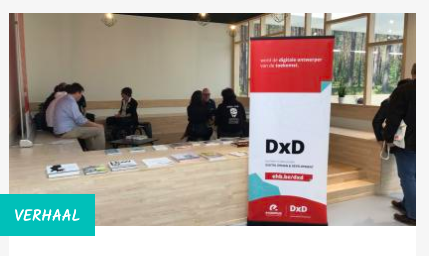 In 2017 I had the pleasure to work with the great team of the Erasmus Hogeschool (EhB) – Department of Design and Technology – in Brussels on a new curriculum called
In 2017 I had the pleasure to work with the great team of the Erasmus Hogeschool (EhB) – Department of Design and Technology – in Brussels on a new curriculum called 
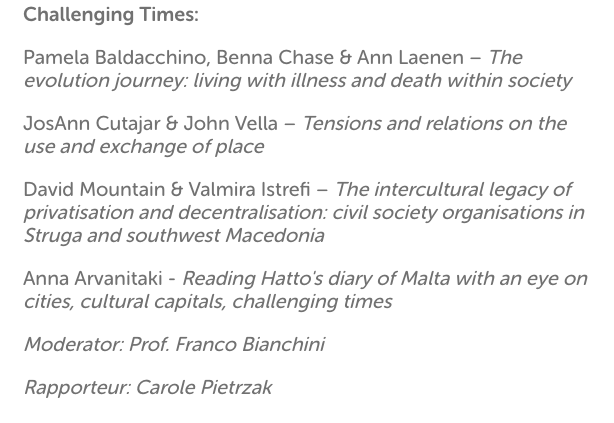
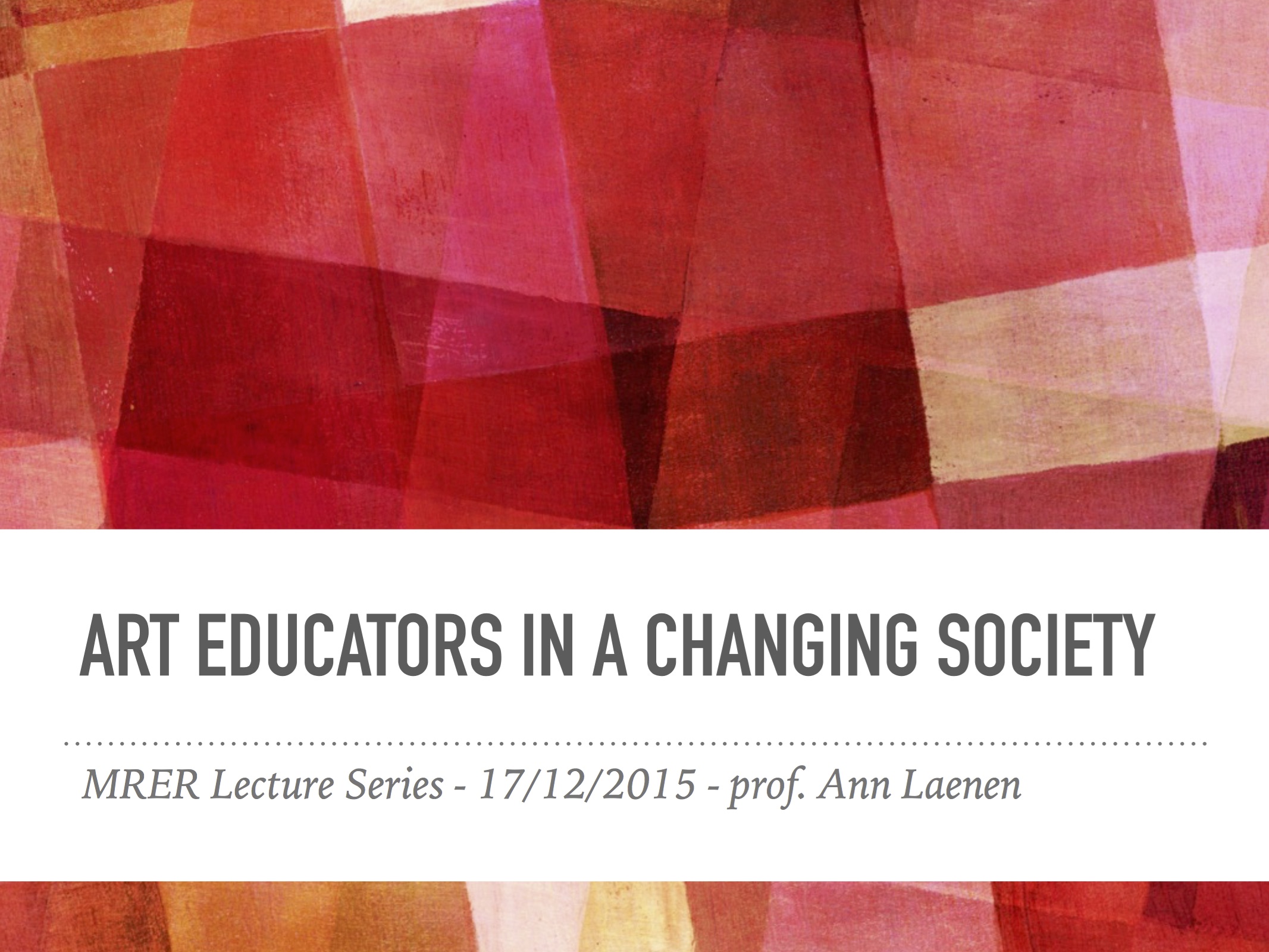
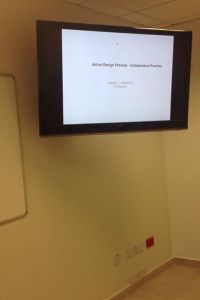 Active Design Processes – Collaborative Practice – A course for the 3rd years Digital Design at the Faculty of Media and Knowledge Sciences at the University of Malta . Nice group of students. Loving it!
Active Design Processes – Collaborative Practice – A course for the 3rd years Digital Design at the Faculty of Media and Knowledge Sciences at the University of Malta . Nice group of students. Loving it!